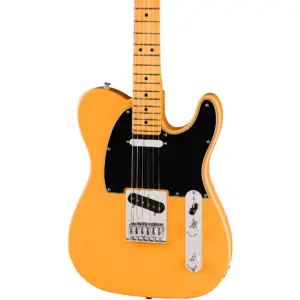The recent Grammys bore witness towards positive Asian representation as Arooj Aftab became the first Pakistani artist to bag a Grammy with her song Mohabbat winning Best Global Performance.
As for India’s case, Ricky Kej secured his second win in the Best New Age album category with Divine Tides (his first win being for Winds of Samsara). Kej’s experimental approach towards Hindustani classical music, along with shades of Carnatic in a few tracks,
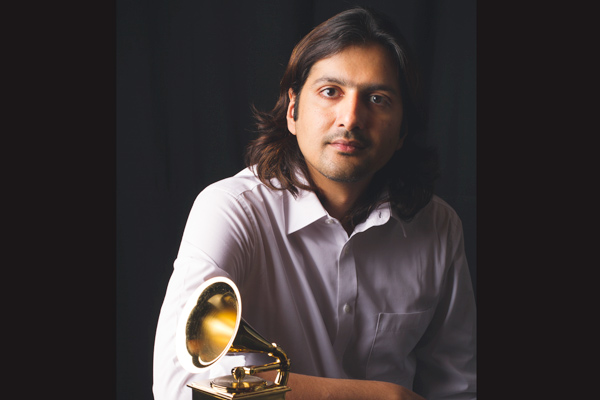
Falu Shah (known mononymously as Falu) also won big with a Grammy for Best Children’s album for A Colourful World. Blending Indian classical melodies with Western ones, Falu’s music has drawn much acclaim since her 2018 debut Falu’s Bazaar which again was nominated for a Grammy.
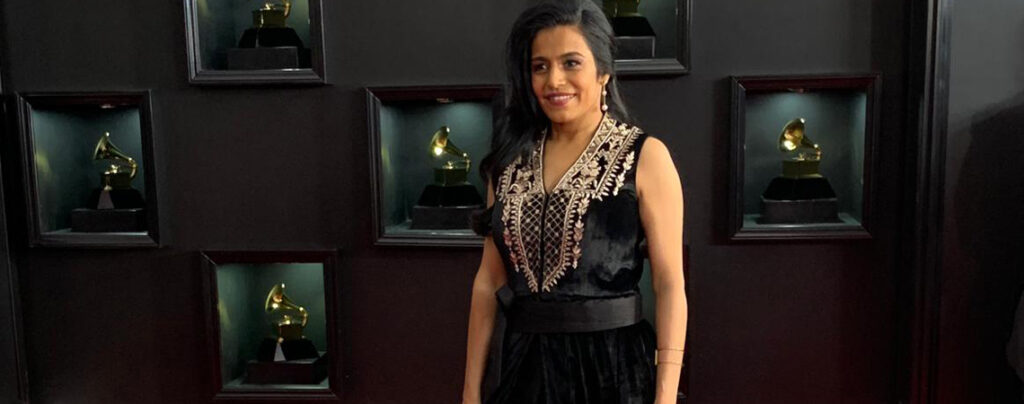
Tej and Falu aren’t India’s only Grammy winners. Joining them in the hall of fame are multiple-Grammy winners sitar maestro Ravi Shankar and legendary conductor Zubin Mehta.
Shankar was already established in the West, thanks to collaborations with Beatles alumnus George Harrison and events like the 1971 Concert for Bangladesh. He ended up winning his first-ever Grammy in 1967 for a collaboration with violinist Yehudi Menunin aptly titled West Meets East.
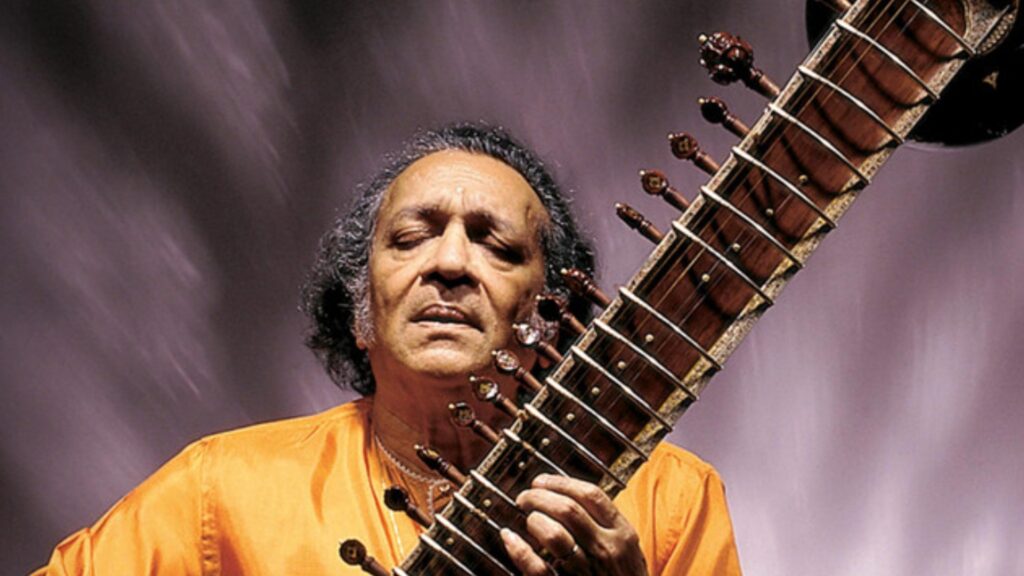
The aforementioned Concert for Bangladesh was also turned into a 1973 album for which Shankar and Harrison picked up the Grammy for Album of the Year. Shankar’s next two Grammys fell under the Best World Music category with Full Circle: Carnegie Hall 2000 (2002) and The Living Room Sessions Pt 1 (2013).
Interestingly by the 2010’s, Shankar’s own sitar-playing daughter Anoushka Shankar was getting her fair share of Grammy nominations. With seven noms so far, she hasn’t won yet. In fact, she lost in the 2013 World Music category to her own father!
If there’s any other Indian that could rival Shankar’s Grammy legacy, that would be Zubin Mehta. A proficient conductor of both Eastern and Western classical music. With a whopping 19 nominations from 1970 to 2008, Mehta had mostly been nominated for Best Orchestral Performance and Best Classical Album. When it comes to his wins, he has secured five Grammys in such diverse categories.
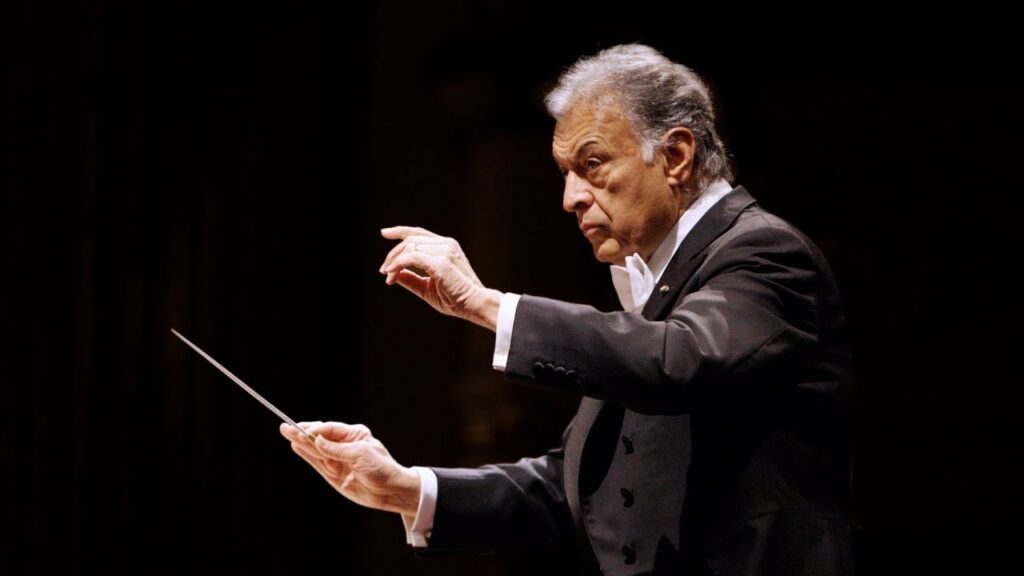
Other prominent Indians at the Grammys include the iconic composer-lyricist duo of AR Rahman and Gulzar. Along with victories at the Oscars and Golden Globes, Slumdog Millionaire’s Jai Ho also won the Best Song Written For A Motion Picture. He picked another one up as the movie’s entire soundtrack won Best Compilation Album.
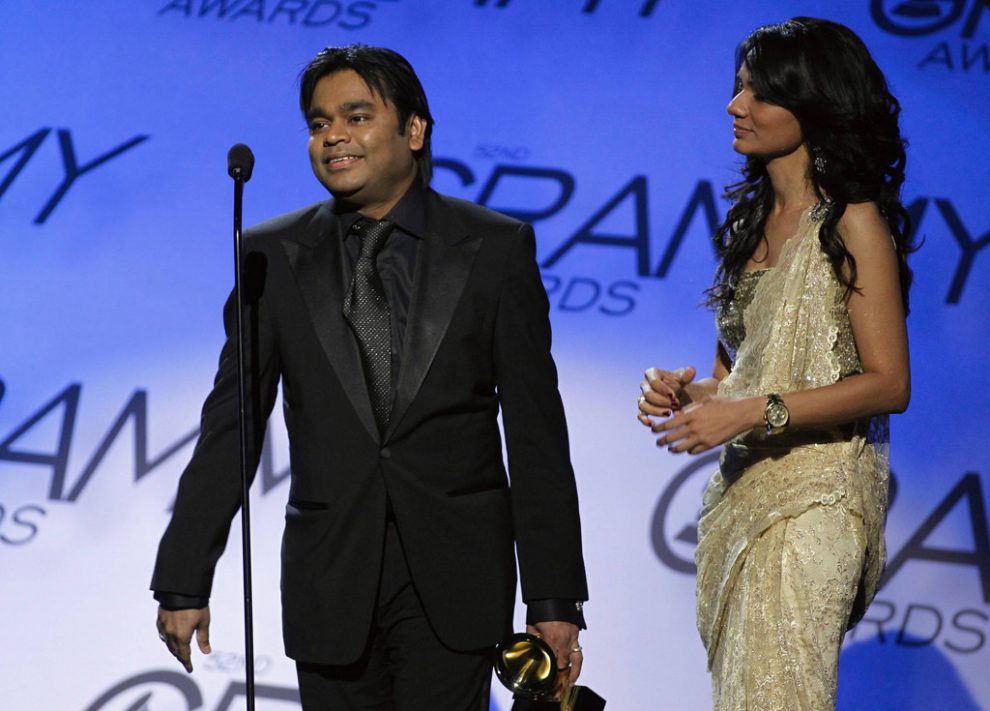
One can argue that a musician of Rahman’s stature should have won many more Grammys by now for his stellar, multi-lingual, multi-genre career. Here’s hoping that he takes home another one pretty soon.
Coming back to the instrumentalists at Grammys, tabla maestro Ustad Zakir Hussain also had his moment to shine as he picked up the Grammy along with the ensemble of the album Planet Drum. Curated by The Grateful Dead alumnus Mickey Hart, the album United percussionists from all over the world for a global celebration of drums. Representing India were Hussain as well as the Carnatic practitioner of the ghatam, TH Vinayakram. Planet Drum went on to win Best World Music Album in 1991, the very first year this category debuted at the awards.
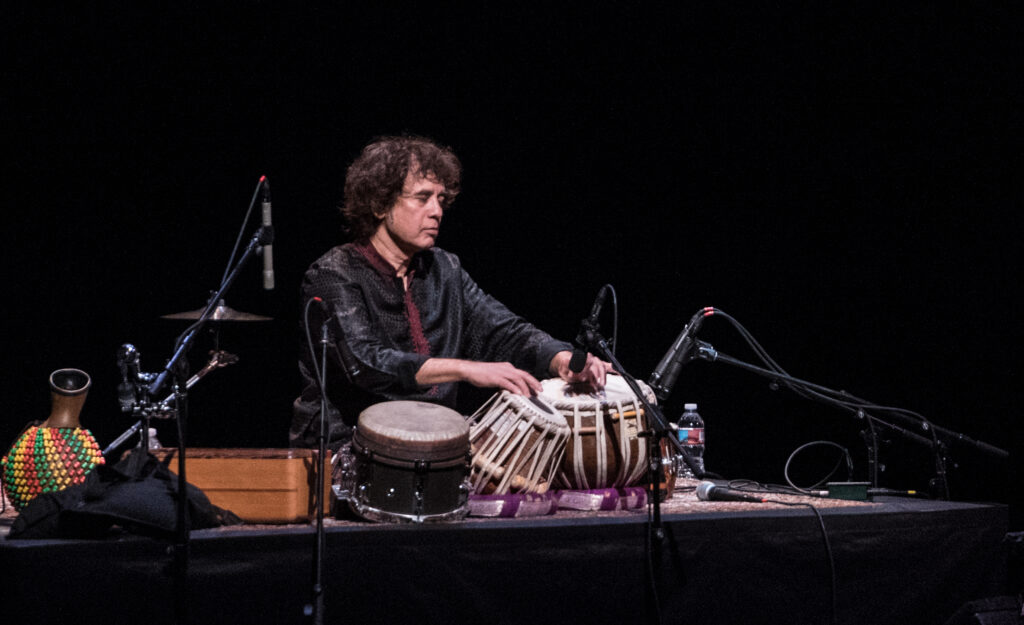
This ends the list for Grammy-winning Indian musicians. However, another interesting addition to this league would be an Indian who won in a whole different category. An author by profession, Neela Vaswani narrated Malala Yousafzai’s autobiography I Am Malala. The result was a Grammy for Best Children’s Album.






